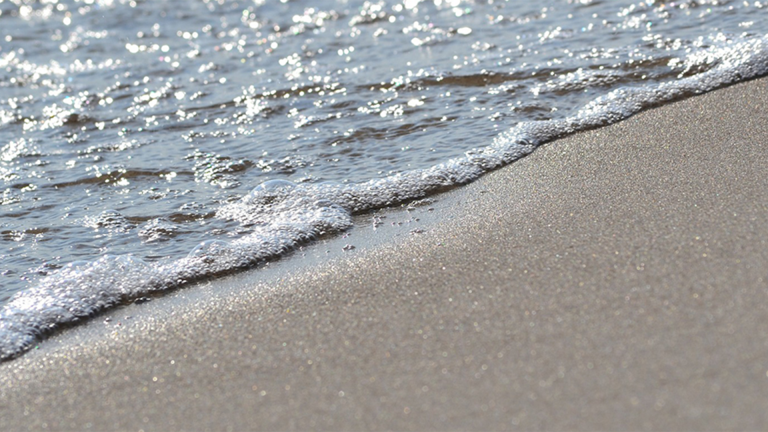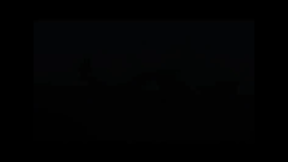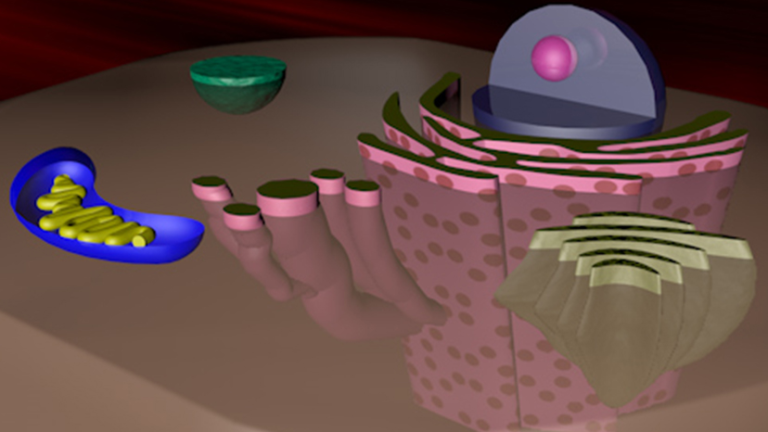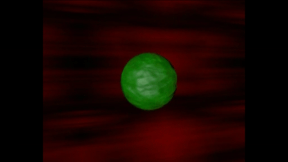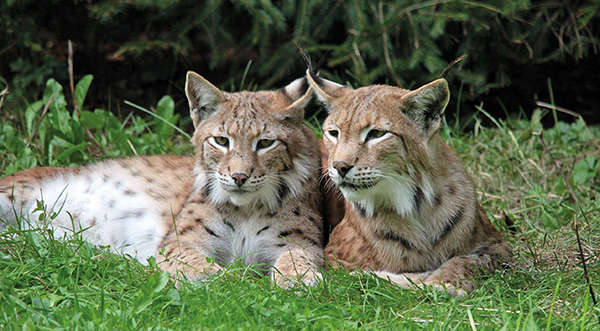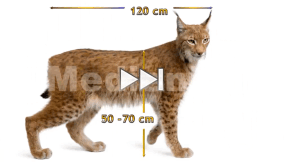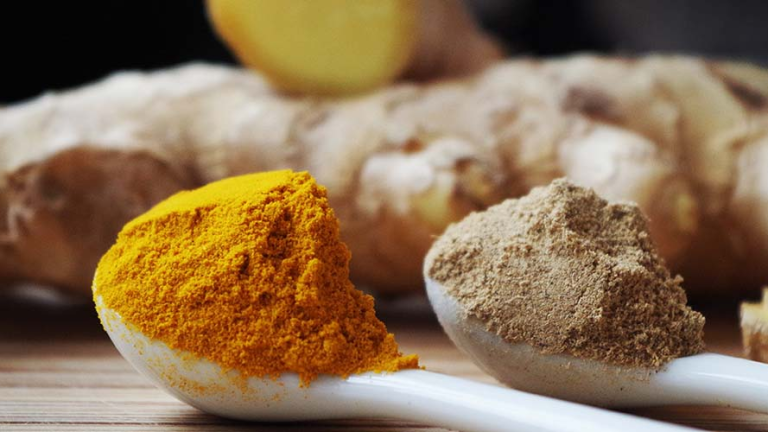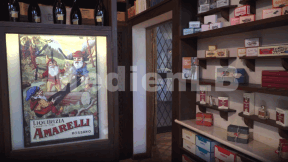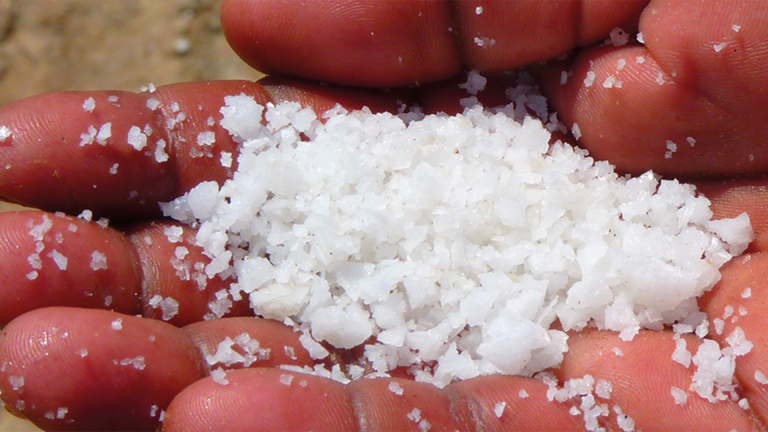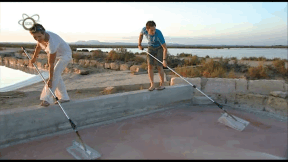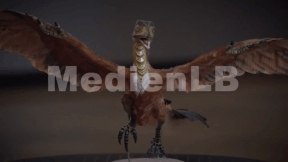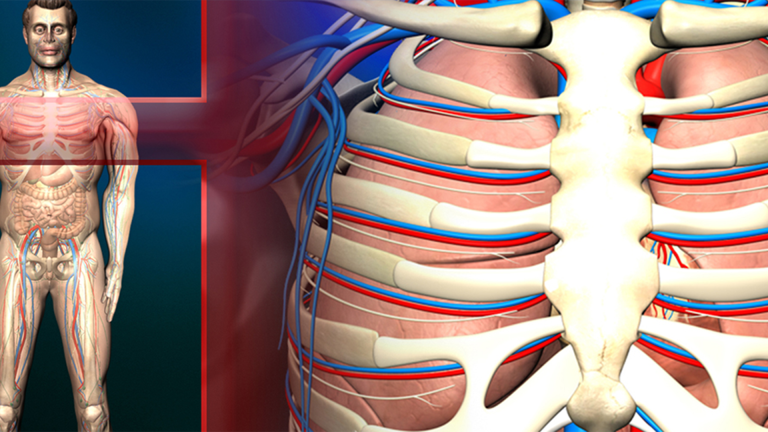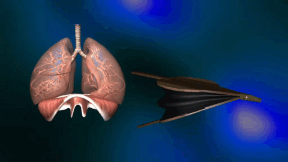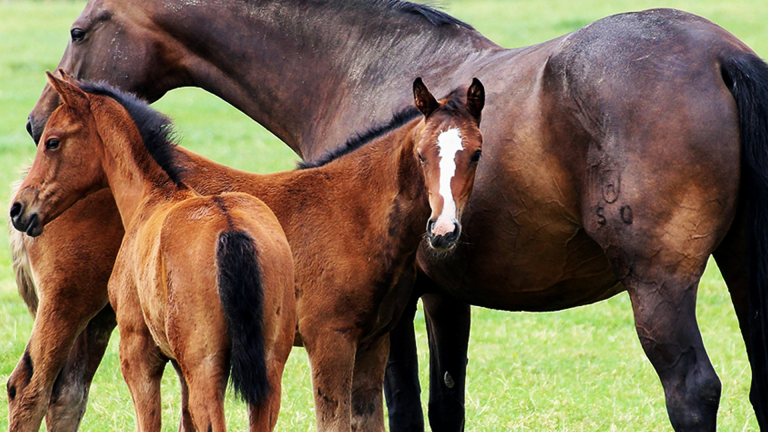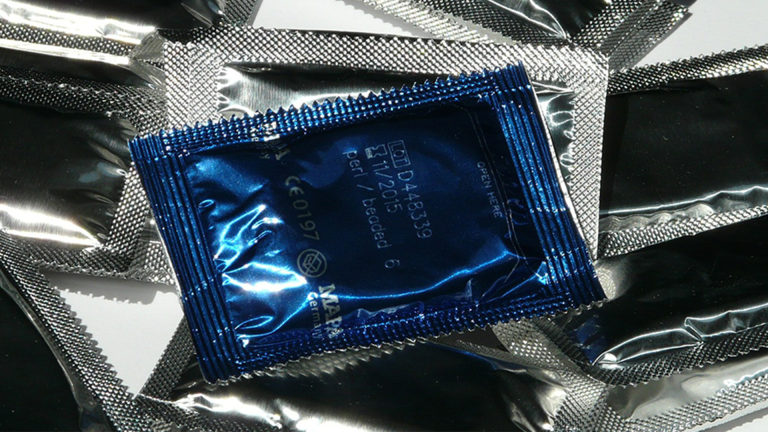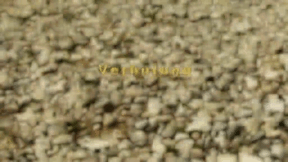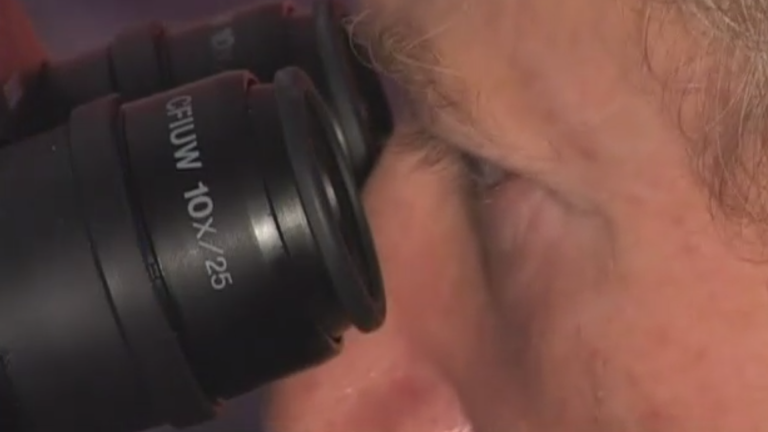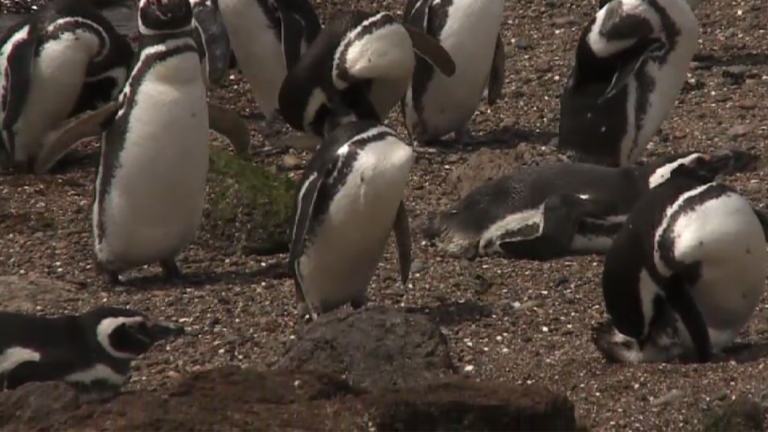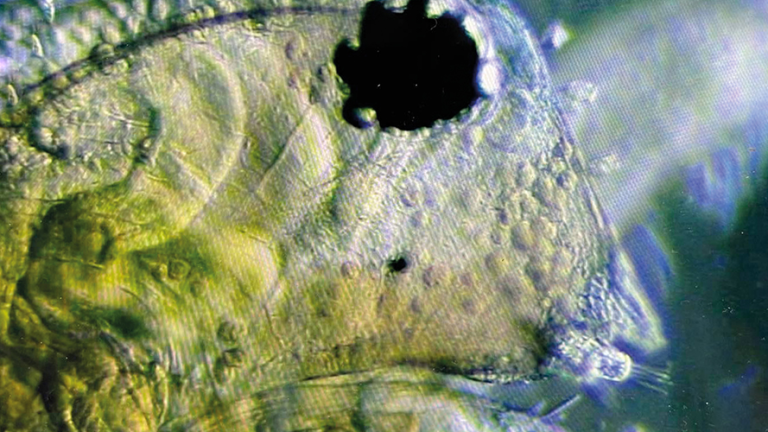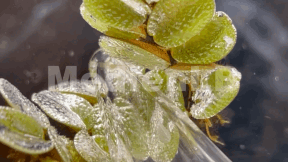Suche:
- # Artistry
- # Biology
- # Chemistry
- # Ecological
- # Economy
- # English
- # Foreign Language
- # Geography
- # German
- # Health
- # History
- # Informatik
- # Latin
- # Mathematics
- # Media Education
- # Music
- # Physics
- # Politics / Civics
- # Preschool
- # Primary School
- # Religion
- # Society
- # Sports
- # Technology
- # Training of Teachers
- # Vocational Education
Ecosystem Sea
The oceans have been the largest connected ecosystem of the world since hundreds of millions of years. All life originated here, and a stable system ranging from single-cell plants and animals to huge vertebrates has been established. An incredible abundance of shapes and colours has emerged. Even today, we know only a fraction of this variety. We know less about the co-existence of these beings, their interdependency and the conditions and particulars of their food chain than we know about one or the other celestial body. The largest consumers of the sea, sharks and whales have an important task in the marine ecosystem. They ensure that the populations of small predators like seals, groupers and tuna do not grow excessively. In the film, the interrelation between the individual creatures is illustrated and the ecosystem sea as well as the dangers of human interference are explained using the example of sharks and whales. We learn about these animals’ characteristics and structure. We also see why and how they are endangered and what damage the marine ecosystem might suffer if these animals were exterminated. The climate change and its consequences for the ecosystem sea are illustrated by the example of sharks and whales.
Learn moreBasics of Biology III
What is the importance and function of enzymes? The lock-and-key principle is explained and, based on amylase and katalase, the dependence of reaction speed and intensity of effect on temperature and pH-value can be seen. With microscopic pictures and graphs the structure of animal cells is explained. But their appearance is very different depending on their functions. Nerve cells differ from blood cells just like the latter from sperm cells. A tissue is a combination of many cells that perform specific functions in the body. Any kind of growth of an organism is only possible when new cells are created. The process of cell division is called mitosis. This is then differentiated from the multiplication of reproductive cells, as in them the number of chromosomes must be reduced to half. Impressive shots and graphs illustrate these processes. Together with the extensive accompanying material the DVD is ideally suited for use in the classroom.
Learn moreLynx and wildcat
The film introduces two native large carnivores - the lynx and the wildcat.
Learn moreKräuter und Gewürze
Das Wort Kräuter kommt von Kraut. Als Kraut bezeichnet man meist die oberirdischen Teile einer Pflanze, aber was ist mit den Wurzeln? Das Wort wiederum steckt in Gewürz. Blattgewürze werden nur als Gewürz bezeichnet, wenn sie getrocknet sind. Im frischen Zustand zählen sie zu den Kräutern. Fest steht, eine klare Abgrenzung gibt es nicht. Viel wichtiger ist es, ein paar Kräuter und Gewürze zu kennen, um sie im Alltag richtig einzusetzen.
Learn moreSalz
Ein vermeintlich gewöhnliches und billiges, weißes Gewürz gilt im Altertum als Göttergabe, in unserer Zeit kann man es kiloweise im Supermarkt kaufen. Die Rede ist von Salz, der chemischen Verbindung aus Natrium und Chlorid.
Learn moreFossils
Is it possible for a stone to tell us a story about what animals and plants used to be there in former times?
Learn moreHuman Lung
Only rarely do we notice that we need them: our lungs. Mostly, we breathe unconsciously and shallowly – especially if we have a sitting job.
Learn moreHorses
They are the epitome of power and elegance. Man domesticated them long after dog and cat, they provided meat, were strong agricultural helpers pulling ploughs and other implements. These hard times are over for the animals – their range of service has changed. The most favourite animal of many children and grown-ups, it has changed from former working animal to today’s companion for sport and leisure. The horse breeds known today are descended from a primeval horse. It lived about 50 million years ago – that is fifty with six zeros after it!
Learn moreContraception
In view of a considerable number of teenage pregnancies and commencement of sexual activities at an average age of 15, the topic of contraception is extremely important in lower secondary school. This DVD offers a complete film as well as working materi- al that allows for a discussion of the topic according to the requirements of the respective type of school as well as to the socio-cultural circumstances. Apart from the film itself, which outlines the most important contraceptive methods, selected animations can be accessed via the menu. They illustrate complex content such as a woman’s cycle, structure and function of the male sexual organs and the effects of different contraceptives in terms understandable to pupils. The film is suitable for an entire series of lessons, with the teachers deciding themselves on the basis of the menu struc- ture what content is appropriate for a class.
Learn moreMicrocosm
We perceive the world we live in with our sense organs. However, perception with our senses represents only a limited part of the cosmos we live in. There is a world eluding the perception of our eyes. It exists hidden away for its cosmos is extremely small. The world of microcosm. This world is full of fascination and surprises. Up to the 1930s a deeper penetration into the microcosm was impossible. Only the invention of a new technology enabled us to render still smaller details of the microcosm visible to the human eye. A magnification of up to a thousandth millimetre has become possible. This film provides a profound insight into the microcosm. Rare pictures of mites, water bears and other creatures, made visible by means of various microscopes make the film an extraordinary experience. In addition, the DVD includes bonus material explaining the functions of the different microscopes with the help of diagrams. Due to the combination of the subjects of microcosm and microscopes, this DVD is perfectly suited for biology classes as well as physics lessons.
Learn morePenguins
Most people know penguins only from the zoological garden. There they arouse many visitors’ interest. This is, on the one hand, because of their peculiar black-and-white colouring, which reminds you of a tail coat, on the other hand, because of their upright walk. We find penguins amusing or funny; but if we knew more about their extraordinary skills, we would not laugh about them but gaze at them in wonder and reverence.
Learn moreLeben im Tropfen
In einem einzigen Wassertropfen kann reichhaltiges Leben sein: einzellige Tiere und Pflanzen, Algen, Bärtierchen, Würmer, Schneckeneier, Milben, Krebse. Die dreifurchige Wasserlinse lebt untergetaucht und passt in einen Wassertropfen - ein ideales Revier bei der Suche nach Kleinstlebewesen mit dem Mikroskop.
Learn more



